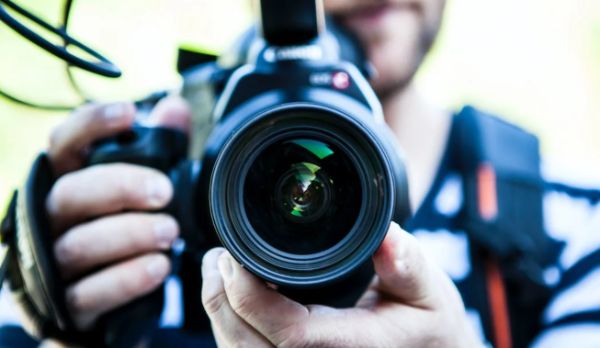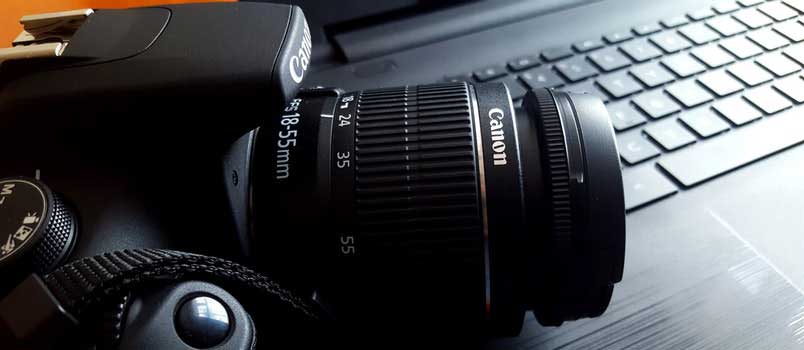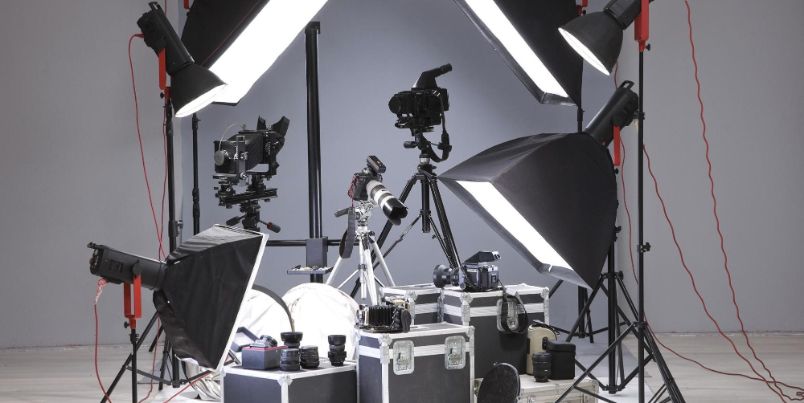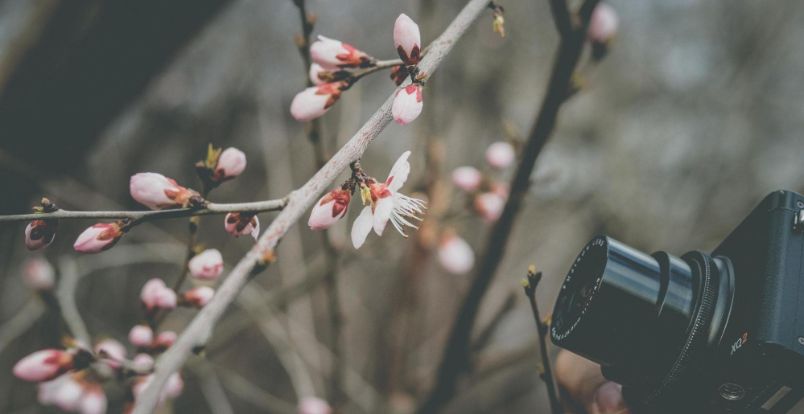Whether you’ve just purchased your first DSLR or you just want to start utilizing your old camera, getting a head start in photography might be a bit more complicated than you think. Luckily, we’ve talked to a couple of photographers who shared top tips and tricks that will help beginners build a strong foundation.
These tips are easy to understand, and they’ll help any beginner learn the basics of professional photography. Remember that the best way to improve is to practice, so let’s get down to business and see where to start.
Focus on Important Settings
Professional cameras come with an abundance of settings, and even experienced photographers have trouble managing all of them. As a beginner, you should learn which settings matter the most. For starters, avoid using the full Auto mode — you won’t learn anything if your camera does all the work for you.
If you want to have a good head start, we suggest that you research the shutter speed, aperture, ISO, and similar features. Don’t forget to practice focusing. For example, single-servo autofocus is great for stationary subjects, while continuous-servo autofocus is preferable for the ones in motion.
Finally, shoot in RAW mode only if you plan on editing your pictures later on. JPEG pictures won’t have enough latitude for editing, but they look great when they are downloaded from the camera.
Spend Time in Post-Processing
Post-processing might not be everyone’s cup of tea, but it’s certainly what makes a photographer a true pro. Beginners might feel intimidated, but it’s better to start right away. The same goes for contracts — getting a photography contract by Honeybook is also a great starting point for beginner photographers to learn how to handle business.
Don’t forget to play in post-processing to find out which editing tasks work best for you. A great tip is to use the Save As option so that you can keep your original photo if you change your mind.
Also, be subtle. Don’t go overboard trying to change the photograph, as the people looking at your work don’t want to be tricked.
Make Friends With the Light
Light plays one of the most important roles in photography, if not the most important one. You might think it’s all about the sunsets, but professional photography offers so much more. The crucial thing is to find the balance between the subject and background.
How can you avoid a dark foreground? You need to notice how soft the light is and which direction it’s coming from. Harsh light will cast shadows on your subject, which creates a problem for portrait photography. If the light is coming from unflattering angles, use your feet and move around to find the best angle.
Don’t forget to utilize the flash if there isn’t enough light.
Know When to Pull Out the Tripod
Any good photographer will tell you that a tripod can help with everything except the lack of light. Tripods help with shooting multi-minute exposures, but they also capture incredibly dark details, improve the stability of your composure, take sharper photos, and more.
So, you should use your tripod almost always when shooting a stationary subject. That means landscapes, architecture, still life, and similar scenes. If you’re shooting events, a tripod might slow you down. So, think carefully about whether a tripod might come in handy the next time you set off on a photographic adventure.
Understand the Rule of Thirds
Lastly, one of the most crucial things in photography is learning and understanding the rule of thirds. This rule is based on the idea that pictures are more balanced when not centered.
When shooting, you’ll probably have an option to place a grid over your photos that divides them into nine equal sections. Instead of positioning your subject at the center, try placing it along one of the four lines or where they intersect.
Naturally, photography is all about expressing yourself. Therefore, following the rules might not be for everyone. Even if you don’t want to utilize the rule of thirds, you must understand it and try it before dismissing it. It might come in handy someday.

















![How To Start A Photography Business [2022 Beginner’s Guide]](https://designbeep.com/wp-content/uploads/2021/03/image4.jpg)











